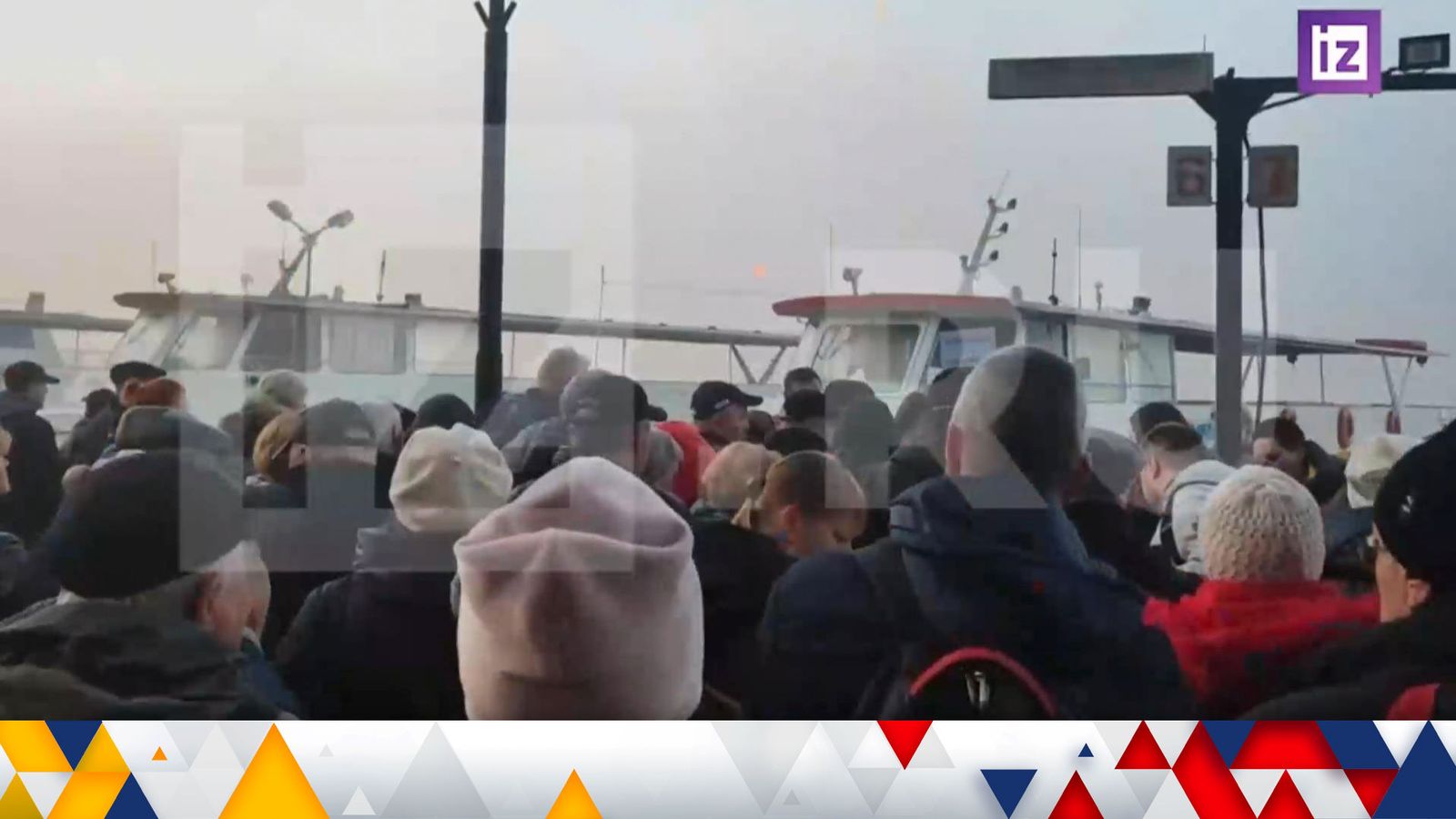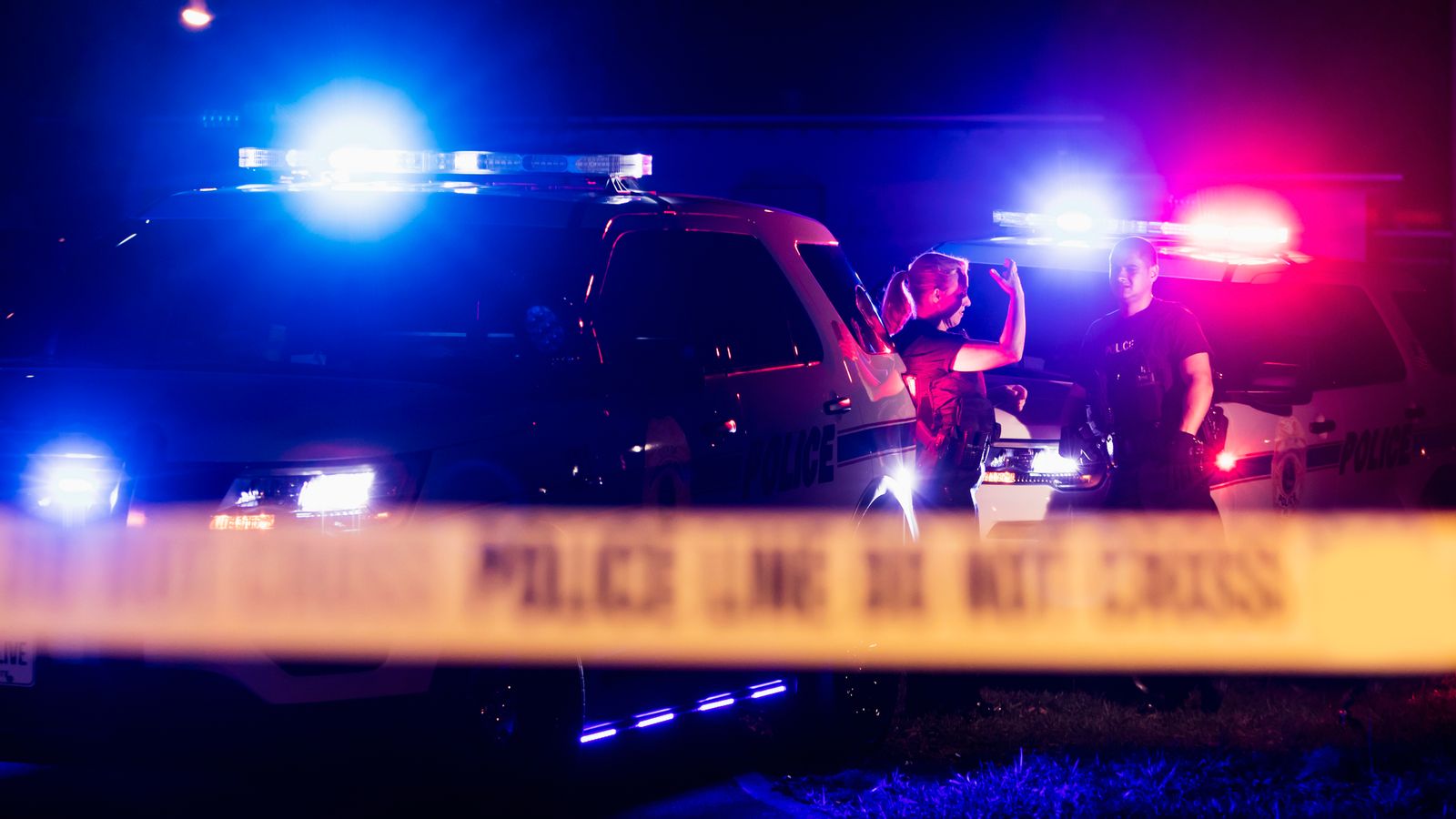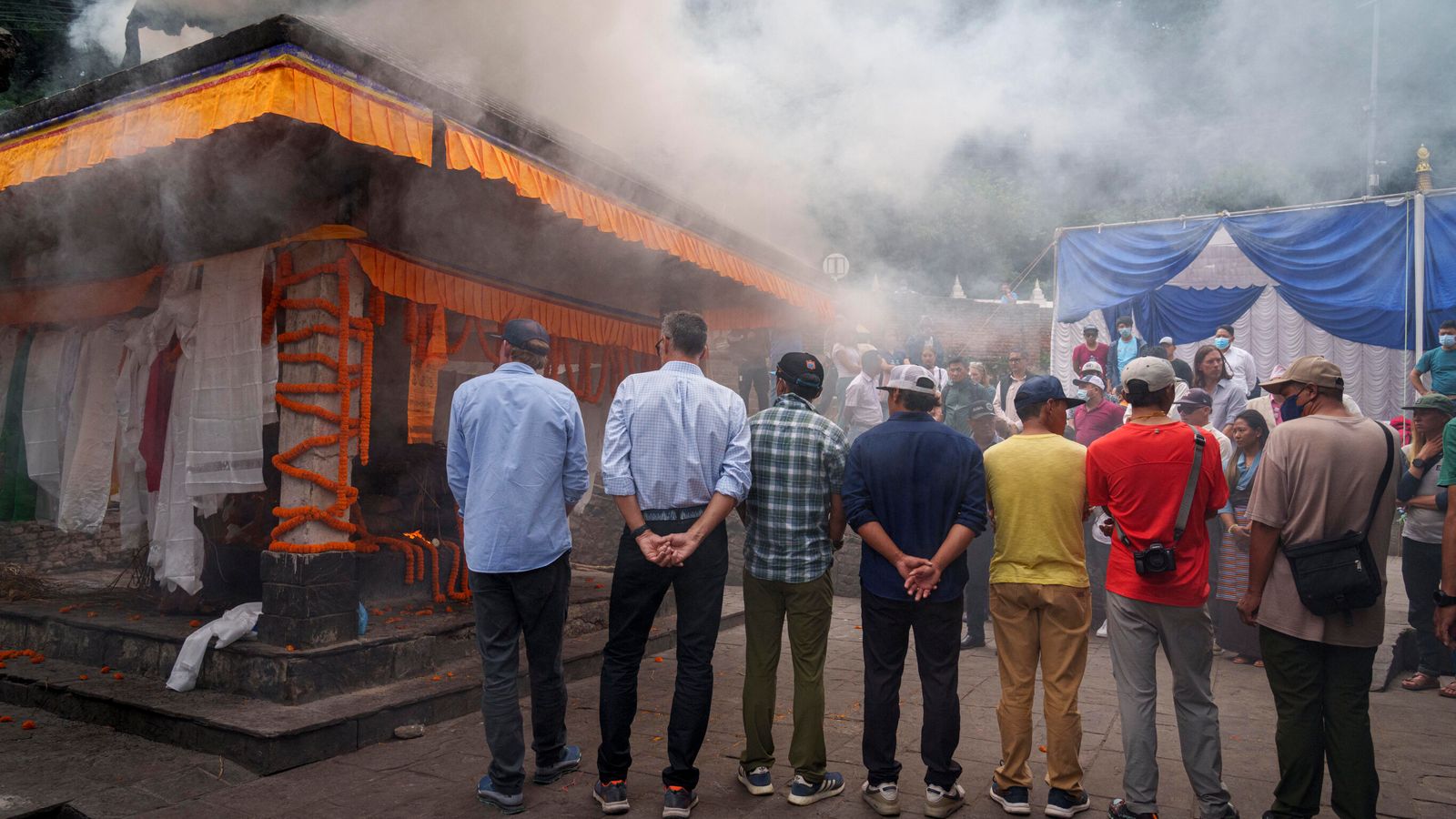Protesters have stormed the office of Sri Lanka’s prime minister as police use tear gas on crowds.
A nationwide state of emergency has been declared by the prime minister’s office and a curfew has been imposed in the Western Province in Sri Lanka.
Sri Lanka’s president Gotabaya Rajapaksa has fled the country after months of turmoil culminated in protesters converging on the presidential palace. He said he would resign on Wednesday.
In recent days, protesters have occupied several government buildings demanding their top leaders step down, showing their anger over a three-month economic crisis.
People have flocked to the presidential palace – swimming in the pool, marvelling at the paintings and lounging on the beds piled high with pillows.
On Wednesday, groups could be seen scaling the wall and entering the office as the crowds roared in support, cheering them on and waving the Sri Lankan flag.
Police used tear gas to try to disperse the crowd but failed and more and more marched down the lane and towards the office.
Bhasura Wickremesinghe, a 24-year-old student of maritime electrical engineering, who came with friends, said the president fleeing the country was a “timid act”.
“I’m not celebrating. There’s no point celebrating. We have nothing in this country at the moment.”
Protesters have vowed to occupy the official buildings until the top leaders are gone.
Sri Lankan lawmakers agreed to elect a new president next week but have struggled to decide on the makeup of a new government to lift the bankrupt country out of economic and political collapse.
The new president will serve the remainder of Mr Rajapaksa’s term, which ends in 2024, and could potentially appoint a new prime minister, who would then have to be approved by parliament.
However, the promised resignations have not put an end to the crisis.
At one point, protesters also burned the prime minister’s private home.
The economic crisis in Sri Lanka has triggered severe food and fuel shortages resulting in people queuing for hours to buy supplies.




